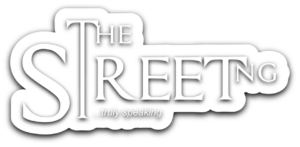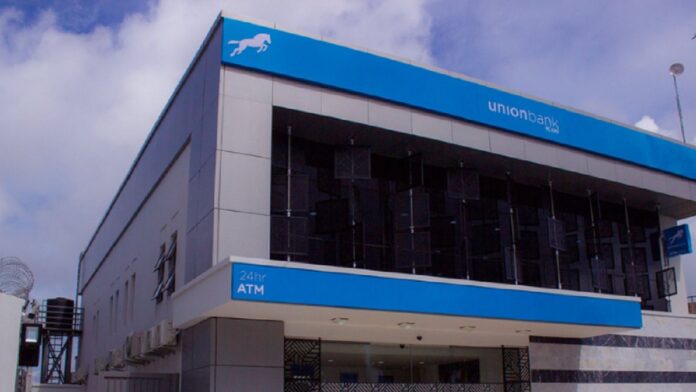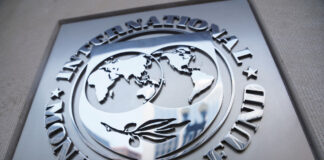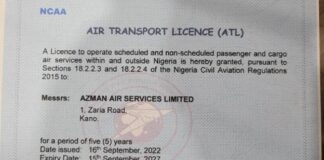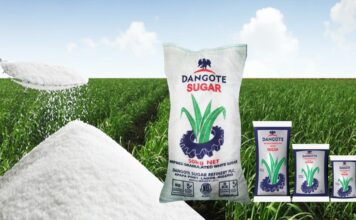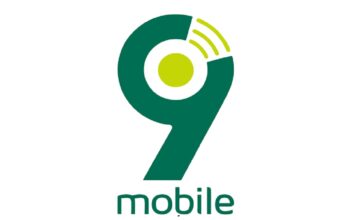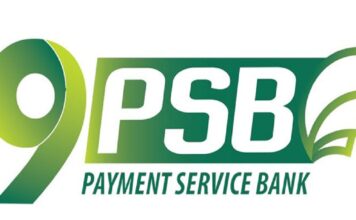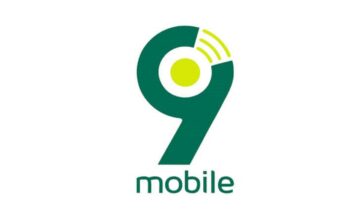Union Bank to See Rapid Growth after Merger – Fitch
Union Bank of Nigeria’s rating has been affirmed with a stable outlook on the expectation that the tier-2 lender’s post-merger growth would be strong, according to Fitch Ratings.
In its latest rating note, Fitch Ratings affirmed Union Bank’s long-term issuer default rating at ‘B-with a stable outlook. It said the bank’s long and short-term issuer default ratings are driven by its standalone creditworthiness, as expressed by its viability rating of ‘b-
According to Fitch, the viability rating reflects the bank’s exposure and sensitivity to the volatile Nigerian operating environment as well as a moderate franchise and stable funding and liquidity profile.
It said the rating also captures Union Bank’s relatively weak loan-quality metrics, low reserve coverage, below-average profitability and only moderate capitalisation in the Nigerian context.
“Union’s recent shareholder change has no immediate impact on the viability rating, although, over time, it will be beneficial to its business profile and revenue-generation capacity”, the rating note reads.
Fitch explained that Union Bank’s national ratings are driven by the lender’s standalone credit profile. They are at the lower end of the scale given Union’s weaker franchise and record of underperformance relative to other Nigerian peers’, according to Fitch.
The rating note stated that rising global risks will weigh on domestic operating conditions. “We expect inflation to remain stubbornly high, posing downside risks to our real GDP growth forecasts of 3.1% in 2022 and 3.3% in 2023.
“However, downside risks are partly mitigated by strong oil prices, which should underpin growth in non-oil sectors and banks’ asset quality given their high exposure to the sector”, Fitch said.
Recall that in July, the Tier-2 lender’s previous shareholders sold their 93.41% stake to Titan Trust Bank (TTB), a small domestic bank whose total asset was 10% of Union Bank’s assets.
TTB’s total asset was valued at USD596 million at end-2021. Upon completion of the transaction, control was passed to TTB’s parent Tropical General Investments Limited, a Nigerian conglomerate that became Union’s core shareholder, Fitch said.
It hints that by the end of 2022, Union will merge with TTB. The rating note reads that Union’s foreign-currency balance sheet is well-matched between assets and liabilities, with the bank running a small long net open foreign currency position equivalent to 2% of total equity at the end of the first half of 2022.
Fitch added that loan dollarisation in Union Bank remains high at 46%. “Other than credit concentrations, a feature among Nigerian banks, our assessment of Union’s risk profile also captures expected rapid growth post-merger”, it said.
In the rating note, Fitch said Union Bank’s impaired loans ratio ticked up to 7.2% at the end of the first half of 2022 from 6.9% in 2021, mainly due to deterioration in retail lending.
“We expect the ratio to moderate closer to the 5% peer average on completion of the merger and due to planned fast growth”. Loan loss allowance coverage of impaired loans remained low at 46.3% at the end of the first half of 2022, reflecting good collateral and management’s expectations of good recoveries.
It noted that Union Bank operating profit as a proportion of risk-weighted assets (RWAs) improved to 2.3% in the first half of the current year, but its operating profit/assets was weaker at 0.5% due to low RWA density.
“While metrics lag peers’ the merger should help strengthen the bank’s revenue-generation capacity. Union’s cost/income ratio (75% in 1H22) reflects high regulatory costs as well as low revenue generation”, Fitch stated in the rating note.
After breaching regulatory minimums at end-2021, Union Bank’s capital adequacy ratio reached 16.4% at the end of the first half of 2022 through higher retained earnings and slower RWA growth
This measure well against a regulatory requirement of 15%, which will be lowered to 10% after the divestment of Union’s international subsidiary and Central Bank of Nigeria approval, the note added.
Fitch said Union Bank’s stable funding base is a relative strength for its viability rating, saying that the bank benefits from a large customer deposit base reflecting its strong retail franchise.
Its foreign currency liquidity is well-managed, with sufficient coverage of short-term liabilities, the rating note stated. Fitch said the bank has a low reliance on external-market funding, while customer deposits accounted for 76.6% of total funding at the end of the first half of 2022.
#Union Bank: Fitch Sees Rapid Growth Post-Merger#


















